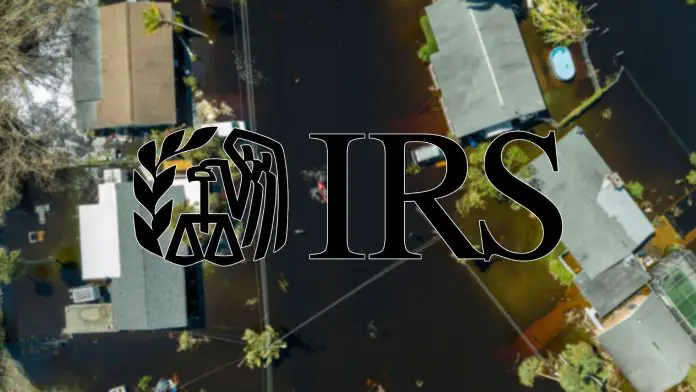As we enter the critical months of the year when natural disasters like hurricanes and wildfires can wreak havoc, small business owners need to prioritize disaster preparedness. The Internal Revenue Service (IRS) recently issued a reminder that May marks National Wildfire Awareness Month and National Hurricane Preparedness Week, making it an opportune time to evaluate disaster readiness and safeguard essential business and financial documents.
Natural disasters can lead to immediate and long-lasting repercussions for businesses, impacting everything from operations to tax implications. This year alone, FEMA has declared 12 major disasters across multiple states due to severe weather conditions, reminding us that preparation isn’t just a theoretical exercise—it’s a survival strategy.
The IRS offers practical advice on how to protect crucial tax and financial information for both individuals and business owners. Here are key strategies that can help mitigate the risks posed by natural disasters:
Secure Important Documents
Business owners should prioritize securing original documents such as tax returns, permits, and employee records. It’s advisable to store these documents in waterproof containers in secure locations. Additionally, creating copies and keeping them in safe deposit boxes or with trusted individuals in different locations can provide extra layers of security. For greater accessibility, scanning and storing documents on a USB flash drive is also a handy option.
Document High-Value Items
Listing and documenting high-value equipment and inventory is essential. The IRS suggests that businesses use smartphones or other devices to create visual records. A well-maintained record, complete with photographs or videos, can help substantiate insurance claims and tax benefits post-disaster. The IRS provides tools such as the Casualty, Disaster and Theft Loss Workbooks, which can assist in compiling detailed lists of belongings and business assets.
Rebuilding After a Disaster
In the aftermath of a disaster, reconstructing or replacing records may be necessary for tax compliance and claiming federal assistance or insurance reimbursement. Accurate records can help secure more funds through loans and grants. If any business records are lost, the IRS has resources to guide through the reconstruction process.
Fiduciary Bonds and Payroll Management
Employers should be mindful of how disasters can disrupt payroll processes. Ensuring that payroll service providers have fiduciary bonds can serve as a safety net, protecting businesses against potential defaults. Choosing the right payroll partner is critical, and the IRS advises exercising caution when selecting third-party payroll service providers to avoid fraud.
Tax Relief Options
The IRS can provide significant assistance in the wake of a disaster. When FEMA issues a major disaster declaration, the IRS may allow for extensions on tax filing and payment deadlines for those affected. Taxpayers in these areas typically don’t need to take action to receive this relief, as the IRS works proactively to identify affected individuals. For questions, the IRS Disaster Hotline is available to facilitate support tailored to disaster-related inquiries.
Real-world Implications
For small business owners, taking just a few proactive steps can mean the difference between weathering a storm and facing significant losses. Ensuring that both physical and digital financial documents are secure, having a clear picture of your valuable assets, and understanding the tax implications can help businesses navigate the rocky terrain of unexpected disasters.
As the seasons change and the threat of natural disasters looms, small business owners are encouraged to adopt preventive measures now. Utilizing IRS resources and tools can help establish a robust disaster preparedness plan that keeps businesses resilient in the face of adversity.
For further details on how to protect your business from natural disasters, you can visit the IRS’s official announcement.
Image Via Envato: bilanol



